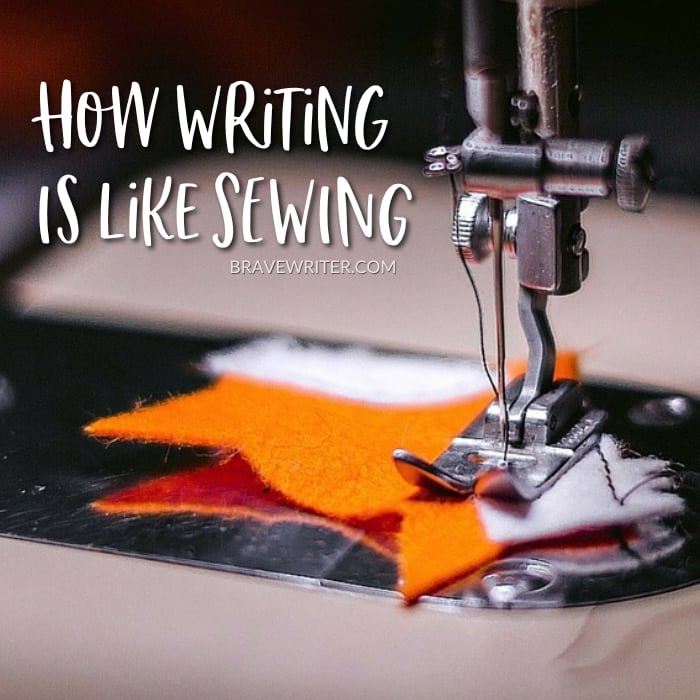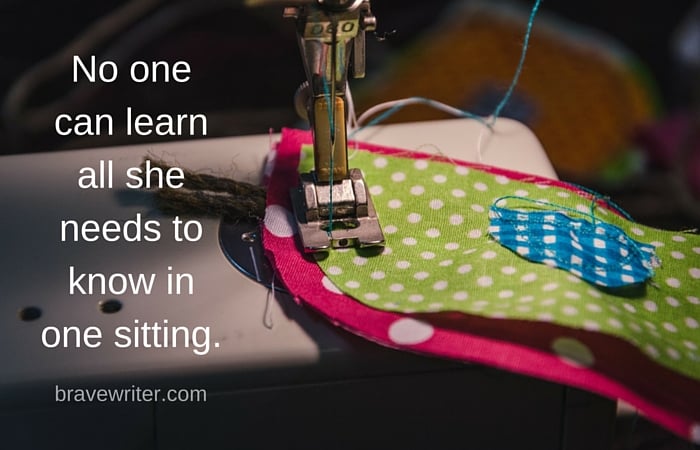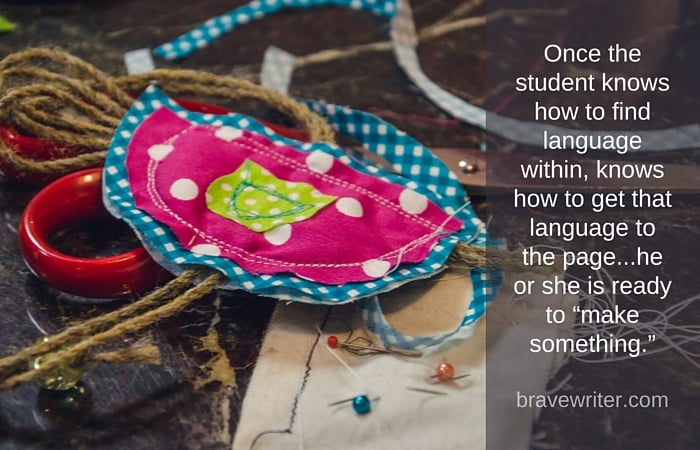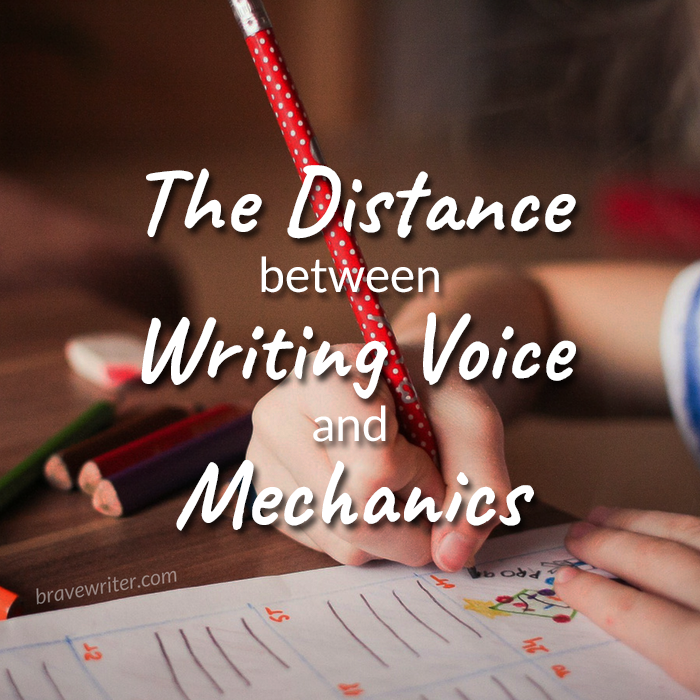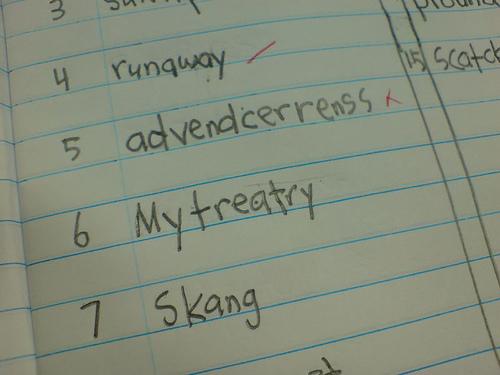
As a result, teachers were told: “Let children invent the spellings. Don’t mock or correct them. Allow them to use whatever spelling they can find to get their complex ideas out.”
So far so good.
Issues arose when students did not retire these invented spellings quickly enough for schools. Assessment is much more precise when measuring and valuing mechanics than when appreciating the nuances of content and personal ownership of writing.
Hence, in schools, a hybrid approach emerged: a period of invented spelling was often allowed in journaling and some freewriting, but an expectation that the child would master the mechanics some how some way, and that this mastery would show itself in a child’s original writing encroached on this freer approach.
Many schools have discarded this methodology, now, returning to traditional instruction, believing that the earlier we can “get kids to spell correctly,” the easier it will be for them to write their original thoughts without hindrance or the formation of bad spelling habits. Naturally, the return of writer’s block has taken hold with a vengeance.
How I Understand Mechanics and Original Writing
I don’t call what we do with our kids: “invented spelling.” I don’t relegate some contexts to correct spellings and others to invented. There is no duality in our approach. Kids write using the skills they have. All spelling is invented (in that sense)! Kids use the spellings they can muster—and do their best to be accurate (to match current conventions) based on:
- what they know,
- have surmised,
- and can guess.
Their choices are much more amazing, if you take time to see their hard work to apply what they know.
This is not “invention,” then, as educators define it, but sheer grit in an attempt to match developing skills with sophisticated language.
So: in original writing, you permit it all—whatever the mechanics skill level of the child, you support, honor, and nurture it. YOU, the parent, pay attention to what is congruent with current spelling and punctuation conventions, and what is not. You take notes (both literal—on paper, and mental—that you store in your head). You might note that the child doesn’t know how to spell certain repeated key terms (like “What” or “because” or “horse”—and this piece is about horses).
You might note that your child is unaware of how capitalization works.
Surely there are other issues as well, but for now, you isolate one or two and leave the rest which will magically reappear in future writing, so don’t worry. If they don’t, then you just saved yourself a lot of trouble.
Now, using someone else’s writing, you teach to these specific mechanics and spelling issues. You find a bit of copywork that includes the words: “what,” “because,” and “horse.” You may spend the next three weeks on this, one sentence per week, that features one of the words. You let your child copy the sentence. Then you might try traditional dictation, to really solidify the words.
Next week you focus on capitalization—you find a passage with capitals at the start of each sentence (virtually every sentence ever published – piece of cake). You discuss capitalization: you point to a capital and ask what it is, you ask the child to find other capitals in the sentence, you ask the child if he or she knows why they are there—inductive, conversational, friendly.
Once the child has spent time with “what,” “because,” and “horse,” and knows capitals go at the start of sentences, guess what you can do?
The next time a child does a freewrite that will be revised, you ask your child to double check spellings for “what,” “because,” and “horse.” If they need a notecard to help, offer it with the correct spellings for comparison. Now, once that is done, ask the child to double check for capitals. Ask where they should go, then send the child back to his or her paper to ensure they are there. The child makes the corrections—your pen never touches the page.
THIS is how you coordinate the need for correct mechanics WITH original writing—painstakingly, taking forever, slowly ensuring that your child TAKES RESPONSIBILITY for everything he or she knows, but sequentially, thoughtfully, carefully, a bit at a time.
Yes, it takes forever… for awhile. Until, one day your child unconsciously starts applying what he or she is learning in copywork and dictation naturally to original writing…which always happens! You just have to be patient to see it emerge (about ages 12-13).
Okay?
So don’t let any teacher say to you: “Oh we already tried invented spelling. It doesn’t work.”
What we do? NOT THAT.
Now go forth and be awesome with your kids!
Image by elginwx


